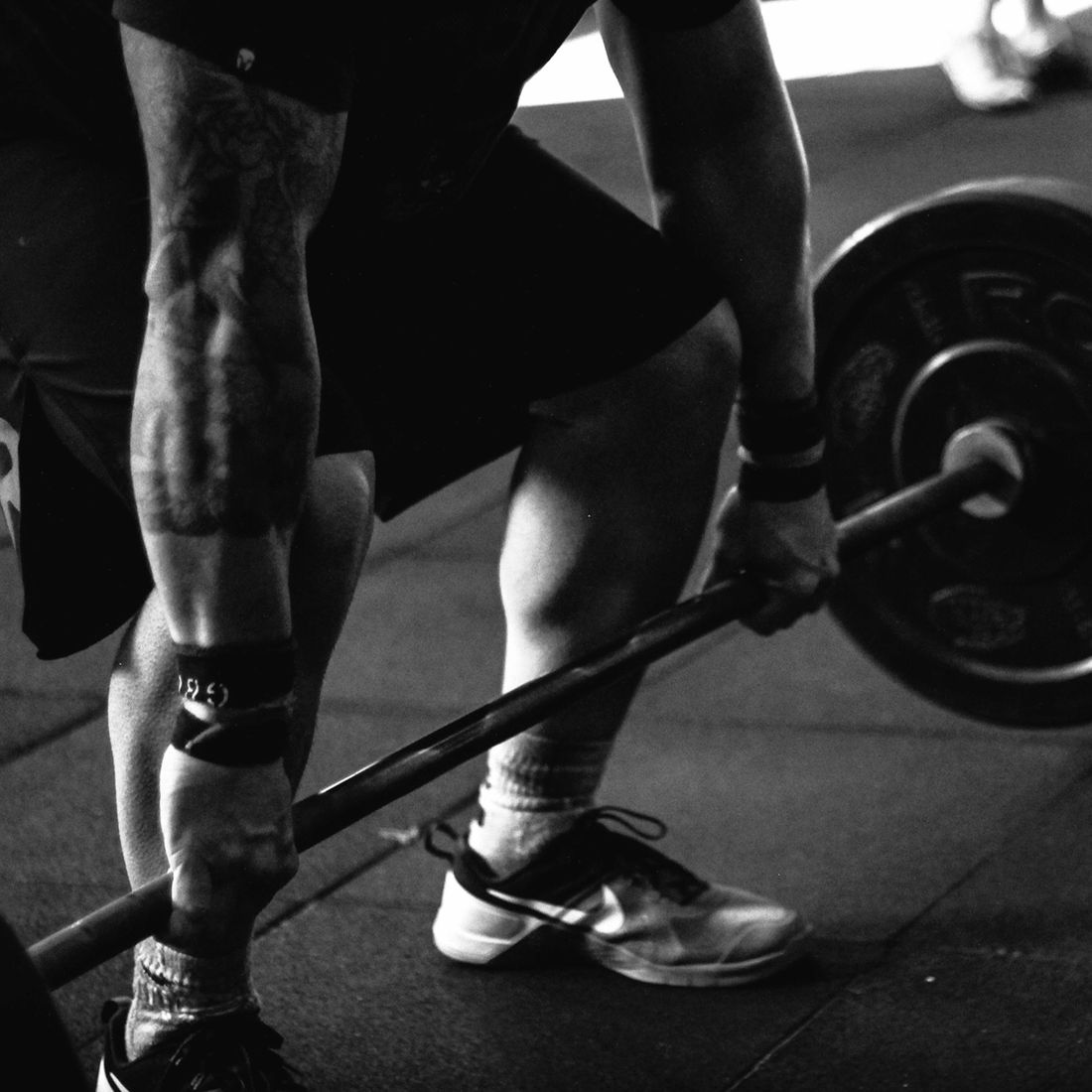There are a few reasons why you should never lift to failure. First, lifting to failure can lead to overtraining, which can impair your ability to train effectively in the future. Second, lifting to failure can cause joint pain and other injuries. Third, lifting to failure can cause muscle gain plateau's. Fourth, lifting to failure can lead to lower reps and weight in future workouts. Fifth, lifting to failure can reduce the intensity of your workout (1).
First, overtraining is a serious issue that occurs when you do too much for your muscles. For example, it can lead to muscle pain and stiffness (2). Overtraining differs from the normal fatigue you experience during intense
One reason why you should never lift to failure is that it can lead to overtraining, which will hinder your workout potential. Overtraining differs from the normal fatigue you experience during intense workouts. Essentially, it's when your body can't recover from the stress of your previous workout, leading to decreased performance and possible injury.
Muscles need time to rebuild and grow stronger, so overtraining can actually have the opposite effect, causing muscles to shrink. When you constantly push your body too hard, you're more likely to experience overtraining syndrome, which includes symptoms like fatigue, insomnia, mood swings and loss of appetite.
If you're experiencing any of these problems, it's time to back off and give your body some time to recover. Decreasing the intensity of your workouts or taking a break altogether may be necessary.
Remember, it's always better to err on the side of caution when it comes to your health and fitness. Lifting to failure isn't worth the risk of overtraining or any other potential problems.
Second, lifting to failure can cause joint pain and other injuries.
While it's important to push yourself during a workout, you don't want to do so at the expense of your joints and muscles. One reason why you should never lift to failure is that it can cause joint pain and other injuries (3).
For example, when you lift weight with poor technique, muscles fatigue and force your joints beyond their normal range of motion. While this brief moment in an otherwise healthy movement isn't dangerous on its own, lifting too much weight or lifting to failure can damage your muscles, bones and connective tissue.
It's important to remember that working out isn't the only thing you have to do in order to stay healthy. Maintaining a proper diet and taking care of yourself off the gym floor are also key to getting fit and staying healthy.
When you lift weights, avoid reps that carry you to muscle failure. You should always maintain control of the weight you're lifting and use proper technique (3).
Lifting to failure can cause joint pain and other injuries.
Another reason why you should never lift to failure is that it can lead to joint pain and other injuries.
Lifting weights with poor technique, or lifting too much weight, can damage your muscles, bones and connective tissue. When you lift to failure, you're putting even more stress on these already vulnerable areas.
Remember to maintain control of the weight you're lifting and use proper technique when working out. This will minimise the risk of injury.
Failure isn't worth the increased risk of joint pain or any other type of damage to your body.
Lifting to failure can cause muscle gain plateau's. One reason why you should never lift to failure is that it can cause muscle gain plateau's (4, 5).
Lastly, lifting to failure can cause muscle gain plateau's.
When you reach the point of "failure," this means reps are no longer possible. Your muscles are unable to continue moving the weight and as a result, they don't get stronger.
In order to make continued progress in your fitness journey, you need to continually challenge your muscles. Lifting to failure isn't the way to do that.
Avoid reps that carry you to muscle failure.
In order to make continued progress in your fitness journey, you need to continually challenge your muscles. Lifting to failure isn't the way to do that. Instead, reps should be carried out until reps can no longer be done with proper form (5).
So, what does this mean for you? Do reps until they simply cannot be done with proper form.
And, don't lift to failure. By avoiding reps that carry you to muscle failure, you'll be able to continually challenge your muscles and not experience a muscle gain plateau.
Trafton, A. E., & Rasmussen, B. B. (2007). The Influence of Frequency, Intensity, and Mode of Strength Training on Muscular Adaptations in Women. Medicine and Science in Sports and Exercise, 39(3), 558-569.
Wernbom, M., Augustsson, J., & Thomeé, R. (2007). The Influence of Frequency, Intensity, Volume and Mode of Strength Training on Whole Muscle Cross-Sectional Area in Humans. Sports Medicine, 37(3), 225-264.
Ahtiainen, J. P., Hulmi, J. J., Kraemer, W. J., Lehti, M., Nyman, K., Lännergren, J., & Paavolainen, L. (2003). Acute Hormonal and neuromuscular responses to two different resistance-training regimens. Journal of Strength and Conditioning Research, 17(3), 627-633.
Schoenfeld, B. J., Ratamess, N. A., Peterson, M. D., Contreras, B., Tiryaki-Sonmez, G., Alvar, B. A., & Maresh, C. M. (2014). Effects of different volume-equated resistance training loading strategies on muscular adaptations in well-trained men. Journal of Strength and Conditioning Research, 28(10), 2909-29








